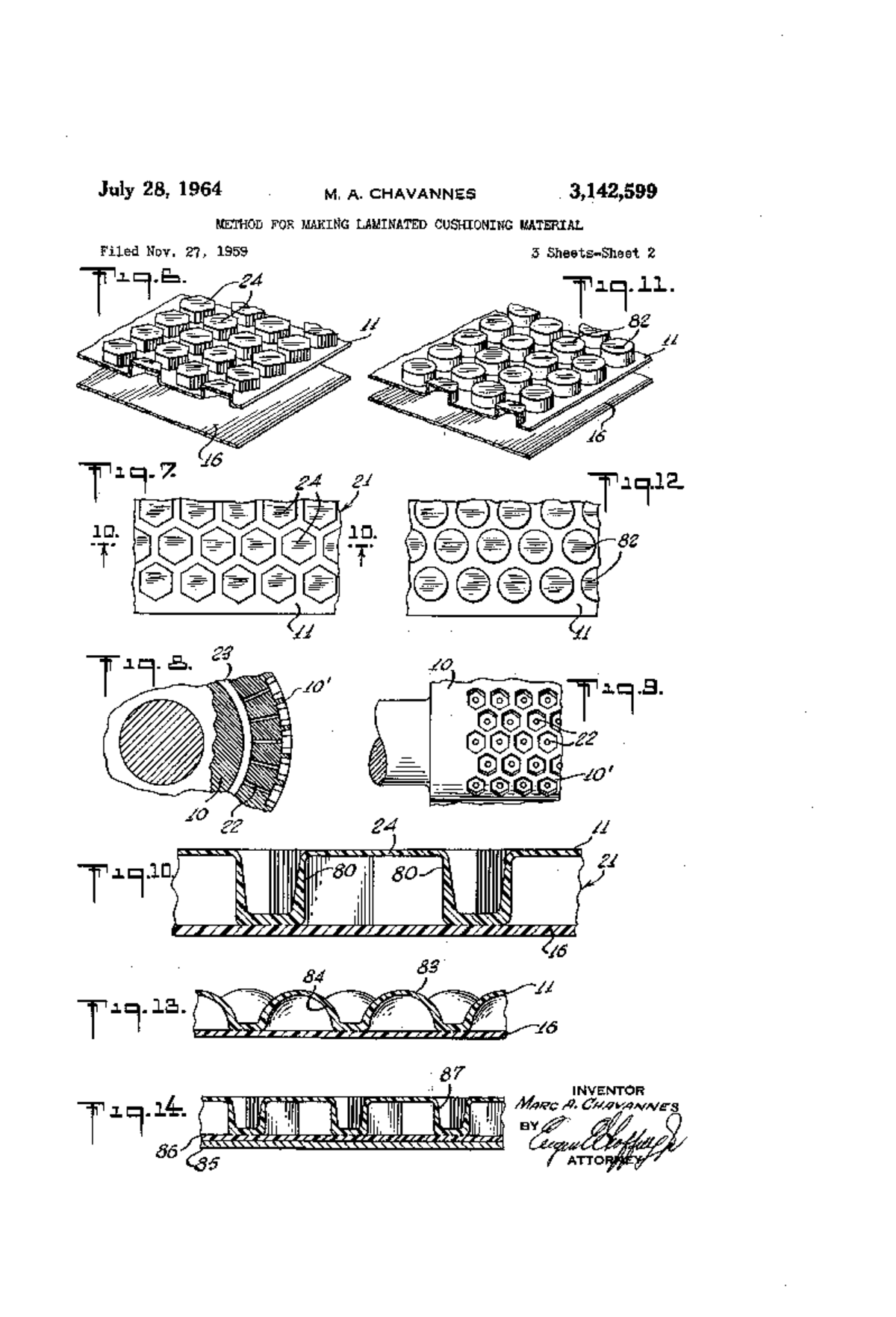Stevens graduate invented the ubiquitous, addictively fun packing material
Amazon and eBay can't live without it. The postal service would grind to a halt, absent its genius.
And you pop the bubbles, when nobody's looking. You know you do. We won't tell. Because we do, too.
Yes, we're talking about bubble wrap — or Bubble Wrap®, if we're being legally correct about things — which is so unique and useful that it became a multi-billion-dollar business.
So amazing a university psychologist once discovered popping the capsules can reduce stress as much as a half-hour massage.
So brilliant that it has its own day: January 28, heretofore known as National Bubble Wrap Appreciation Day.
And it all began with a Stevens graduate.
Alfred W. Fielding '39 M.S. '43 Hon. D.Eng. ’86 created the material with Swiss inventor Marc Chavannes in a New Jersey machine shop in the late 1950s. Fielding even got his family involved: wife Virginia helped prepare early sheets of the wrap for testing, while son Howard played around with the sheets at home. (Yes, he secretly popped them.)
At first the inventors were stumped as to its best use — an arty three-dimensional wallpaper, their original idea, was quickly tossed aside, as was insulation (which probably made more sense).
But the story goes that Chavannes was staring out the window of a small plane one day, looking at clouds, when he got a sudden brainstorm.
Packaging.
The timing was perfect. IBM was just about to invent and begin delivering something large and fragile called a computer, and Fielding and Chavannes' invention would prove to be the perfect cushion.
The rest, they say, is history.
Today there are bubble wrap apps, bubble wrap games, bubble wrap TV commercials, bubble-wrapped fashion models.
Fielding and Chavannes, since elected to the New Jersey Inventors Hall of Fame, each passed away in 1994 but their legacy lives on. Sealed Air, the company they founded, sells $5 billion to $6 billion worth of its products worldwide annually and is a Fortune 500 company — proving, once again, that inspiration can strike in the most unusual places, and that great ideas have power.



